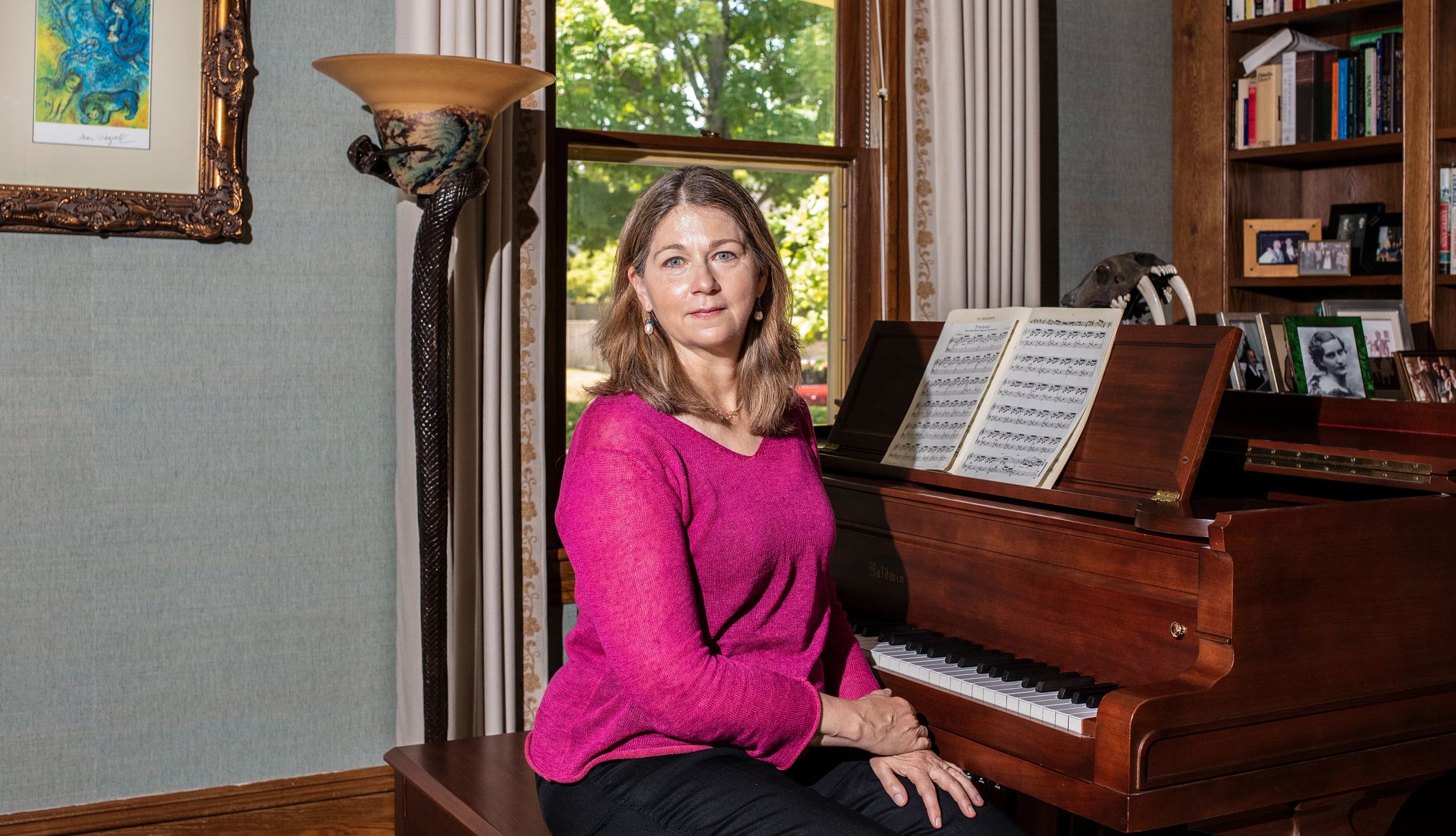
- Select a language for the TTS:
- UK English Female
- UK English Male
- US English Female
- US English Male
- Australian Female
- Australian Male
- Language selected: (auto detect) - EN
Play all audios:
When I was in my 30s, I obsessed over my personal investments. I second-guessed every decision, agonizing over when I should invest cash or sell stocks, constantly afraid I’d make the wrong
move. I would buy when it felt safe (after the market went up) and sell when I got worried (after the market went down). This, of course, is a classic behavioral economic mistake, exactly
the opposite of the way you are supposed to invest. And I knew this — I was a professional money manager who literally won an award for how I invested other people’s money. Somehow, I could
never manage my own investments with the same rational process I used at work. This was par for the course. As I embarked on my career, I made just about every financial mistake I could have
made when it came to shortchanging my future, retired self. It started soon after graduation. I ran up credit card debt, barely contributed to my retirement plan at work, and repeatedly
splurged on big-ticket items that I never really used. (Hello, used baby grand piano!) When I left my first job, I cashed out of my retirement plan and spent the money on a move, blithely
unaware that I would owe almost half of it in taxes and penalties. It didn’t get much better in my 30s. My husband and I were careful not to overspend when we bought our first house, but
then we started a series of renovations that kept us juggling credit card bills, home equity loan repayments and childcare expenses for years. Only in my late 30s, when my employer, J.P.
Morgan, asked me to focus on building and managing mutual funds for retirement savers, did I finally start figuring out what was going on. Gregory Reid _WHAT’S YOUR BIGGEST RETIREMENT
MISTAKE?_ _Retirement isn’t just about leaving a job. It's about changing your life — your routine, your budget, your priorities, where you live. It's decision after decision, and
you don't always make the right one. Is there something you wish you’d done differently?_ _AARP Members Edition wants to hear about your retirement regrets. A mistimed exit from the
office? A move to the wrong place? A relationship you gave up? Spending too much, or too little? Share your story at [email protected] and we might feature it in this series._ DISCOUNTING
THE FUTURE Basically, I’m not wired to save. I’m really bad at delaying gratification. I would have absolutely failed the marshmallow test as a kid. When I started diving into behavioral
economics, studying why people act in ways that aren’t in their economic long-term interest, I realized I was far from alone in my struggles. There are dozens, if not hundreds, of ways
people make costly, irrational financial decisions, like selling stocks in a panic when the market goes down. My biggest challenge? Future discounting — thinking that what would happen in
the future was much less important that what was happening right now. Future discounting is what leads us to eat a second, or third, piece of cake and then hate the way our jeans fit. Or
decide to watch “just one more episode” of a show, binge-watch four and then not get up in the morning for our run. Or buy what we want, when we want it. It’s one of the things that leads us
to not save for retirement. It’s easy to discount the future when it comes to retirement saving. Most of us don’t intuitively understand the magic of compound returns. It’s hard for us to
believe our savings will double every 10 years if they are invested at an average return of 7 percent. (The S&P 500 has averaged about 10 percent since its inception in the late 1950s.)







